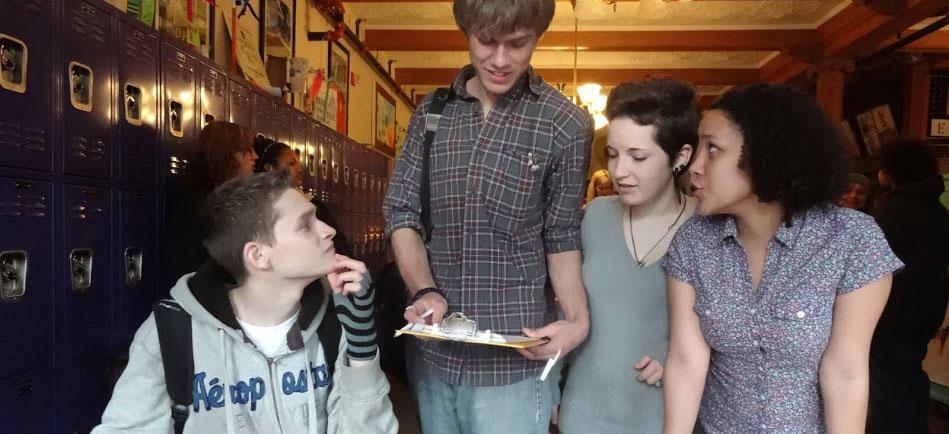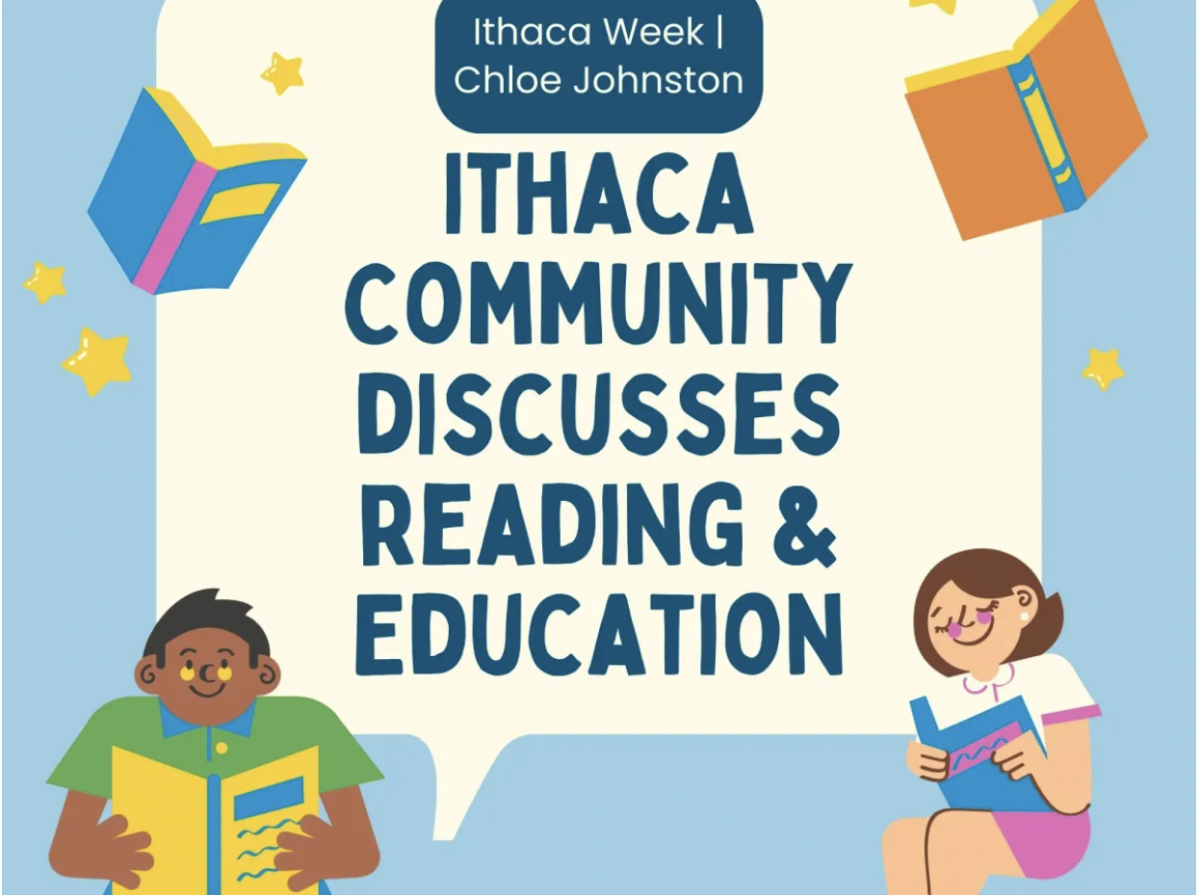On Dec. 17, the ICSD Board of Education voted 5-1 to prepare an Article 78 challenge against the SUNY Board of Trustees – New Roots’ accrediting body – if the charter was renewed following a recommendation by the Charter School Institute (CSI). Board member Brad Grainger, who made the motion, and Superintendent Luvelle Brown, declined to comment.
Article 78 is “a special proceeding brought to challenge the activities of an administrative agency,” as defined by the New York State Court System’s glossary article. In this case, the ICSD wants to challenge the SUNY Board of Trustees, which oversees New Roots.
The board will seek opinions from its attorneys over the next few weeks regarding Article 78, said Rob Ainslie, president of the Board of Education, although there’s no decision yet.
“We’re not at all surprised that New Roots’ charter was renewed,” Ainsle said. “We just want to make sure that the kids in this district are getting the best opportunities they can, but we have no oversight of what goes on there.”
New Roots’ Principal and Superintendent Tina Nilsen-Hodges said there is no basis for an Article 78 challenge against the SUNY Board of Trustees.
“The renewal is absolutely in line with their policies and their definitions of what constitutes a charter renewal,” she said. “So there’s no way that there can be a finding that they acted in an arbitrary manner, or that they didn’t follow their own rules and procedures.”
New Roots co-founder and chair of the Board of Trustees Jason Hamilton, who is also an Ithaca College professor, said public school districts are fearful of charter schools partly because they are taking money out of their budgets that are funded by taxpayers.
“If a citizen decides to go to the charter school, then they ought to be able to take some of their money with them to this new educational experience,” Hamilton said.
Nilsen-Hodges said she recognizes that the introduction of charter schools into the public education world puts established school districts in a difficult position.
“We’re located in the middle of someone else’s community school district, which is under the jurisdiction of a board of education in that community,” Nilsen-Hodges said. “So it’s a very different kind of dynamic and relationship among public schools than has existed in the past.”
The motion to prepare Article 78 passed with a majority vote, with Seth Peacock voting against the measure and Chris Malcolm abstaining. Peacock, who works as an attorney, declined to comment.
“Pursuing a legal challenge against the SUNY Board of Trustees would be a colossal waste of money and the money could be better used educating students,” Hamilton said. “As a citizen, I would be quite upset that my tax dollars are being spent that way. As a New Roots Board of Trustees individual, it’s really neither here nor there to me if they want to sue SUNY or not.”
Hamilton also said he was relieved, honored and excited that the charter was renewed.
“It shows that this whole experiment with New Roots is really working and we’re starting to slowly reshape how people think about education,” he said.
The process of renewal for a charter school is ongoing, according to Nilson-Hodges. Each year the school produces an accountability plan progress report to show that they are on track with the Institute’s guidelines. The extensive review process includes on-site visits to the school, interviews with staff and in class observation sessions.
“It’s been an excellent process in terms of keeping us and this organization on what matters most, which is a rigorous program in line with our mission that focuses on the success of each and every student,” Nilson-Hodges said.
Catherine Kramer, director of charter school information at CSI, said the Institute will provide an update as to the progress of New Roots at a committee meeting in 2015, once additional performance data becomes available this summer and a fuller picture emerges of the school’s progress in meeting its accountability plan.







